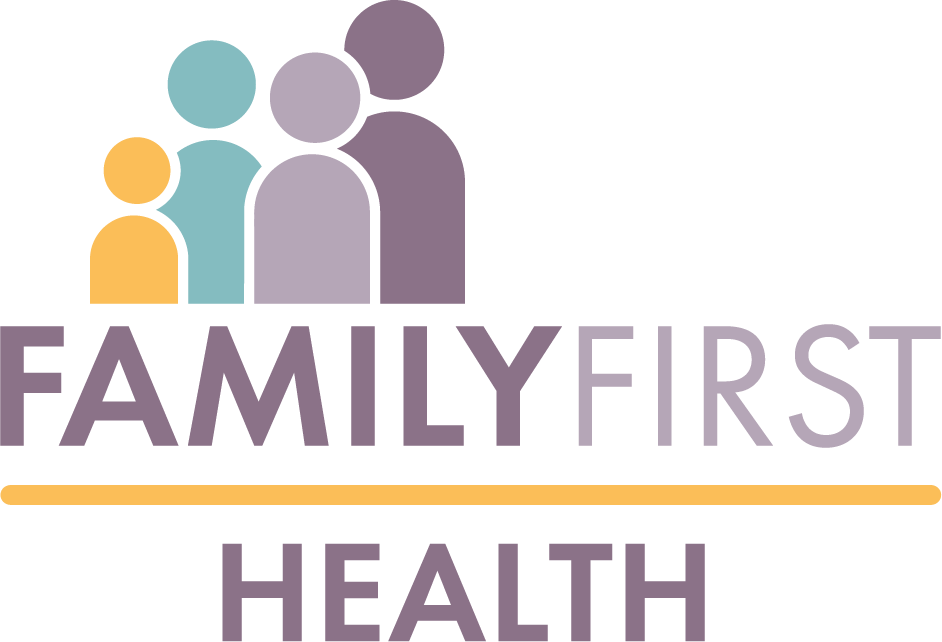Please take a moment and read the speech on HIV as a social justice issue given by our CEO Jenny Englerth during the public reception for our AIDS Memorial Quilt event – “His Story. Her Story. Our History.”
Twenty-five years ago HIV/AIDS elicited fear, confusion, and anger from so many across the nation. So much so that a young boy with hemophilia and HIV named Ryan White who just wanted to go to school in my home state of Indiana made the national news.
In our community, 25 years ago a handful of people chose love and compassion over the fear and confusion. I share with pride and gratitude that Family First Health made the choice to do something, even when the path was not clearly defined, people needed care not health care just care. This evening we recognize those people and their efforts, those that are here with us and those didn’t make it through the early days of this pandemic.
Politics and lack of information fueled a response that left so many vulnerable. The disproportionate impact on the gay community was undeniable but resulted in a movement that shaped me and so many others personally and professionally.
Advocacy, education and care were taken on by the community impacted by the disease. This resulted in everything from legislation and funding named after the boy who just wanted to go to school to evidence-based medication and treatment to testing and prevention efforts that work to prevent transmission to programs like Caring Together that continue to evolve based on a balance of good medicine and consumer direction.
I looked at my bulletin board this morning a saw a button that I hadn’t taken notice of a long time. It was from a quilt display in 1996 and asked, How Many Names Will It Take? That question
is as relevant today as it was then. I am not suggesting we have not made strides, we see people living long and healthy lives with HIV due to great treatment options that were only imagined at that time, we see dramatic reductions in new infections overall and we rarely if ever see infant infection in the developed world. But, like with most other health conditions, there are communities that are disproportionately impacted. And until those inequities, most often based on race or place are addressed there will be more names.
FFH and our Caring Together program will continue its work but it is up to each of us to look upstream for the root causes of diseases like HIV and take action. Fight for a system that ensures that we all have access to the information, insurance, prevention, care, and treatment that we deserve. Only then will we stop adding names to the list.
As I viewed the panels yesterday with some of the people that will share their story in the video we are about to watch, I was struck by many things; the names and faces that I remembered (Carol, Tommy, Greg, John, Regina, Chris, Joseph, Marty, Maizy) people I hadn’t thought about in years I could suddenly vividly recall.
I was struck by the dates, the slice of an entire generation that was lost, the potential, the contributions and diversity of thought lost.
But most importantly, I was struck by devotion of family, friends and supporters that created and stitched panels and sent them off to be joined with others that will forever be bound together as a reminder to all of us, not a reminder of their death but as a reminder that they lived.
See more photos from our events taken by Digital Ephemera Photography.
